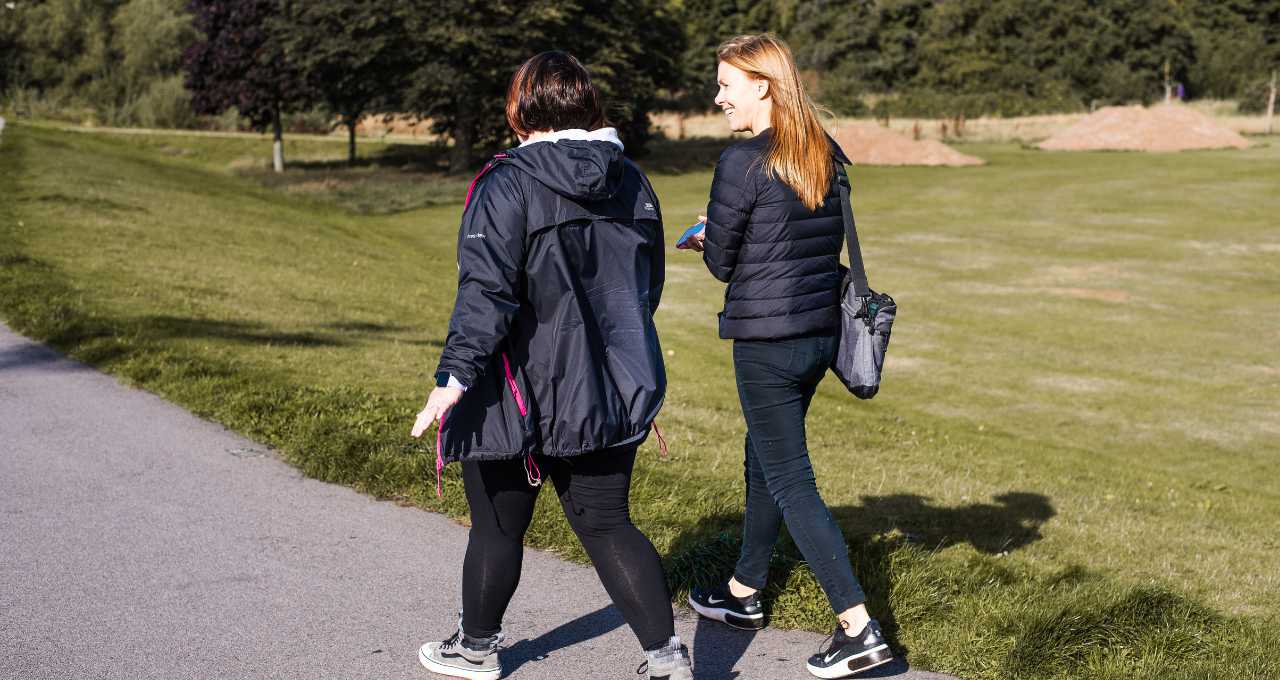Choosing to travel actively - by walking or cycling for everyday short journeys or using public transport for longer trips - can benefit your health, your community, and your wallet.
Research shows that on average 18% of journeys we take are under 1km long, and 41% are under 3km. These shorter journeys are perfect for switching from driving to walking or cycling.
So, why chose to walk, wheel, cycle or use public transport rather than drive? It’s…
Stress free - no traffic jams and no need to find a place to park
Social - bump into people along the way, say hello or have a blether
Cheaper – less petrol and parking costs
Mood boosting - getting out in the fresh air and connecting with nature boosts your mood
Healthier – being active every day is great for your health and mental wellbeing
Greener – fewer emissions and less pollution protects the planet for our children and grandchildren.

Our tips to get from A to B the active way
We've researched the most common daily short journeys people take. Could you add some activity into one of these everyday journeys?
Your daily commute
Could you make all or part of your journey to work or study on foot? Perhaps you could walk to the train or bus stop if your commute is longer.
A trip to the shops
Need a pint of milk or a newspaper from the corner shop? You could blow away the cobwebs and choose an active alternative to getting in the car.
Meeting or visiting friends and family
If you’re meeting up, try to choose a venue you can walk to, whether a café, park, or house.
Taking a child to school
You could walk, cycle, skip or scoot there together and set some healthy habits for life. You’ll do your bit to reduce traffic congestion and have cleaner air at the school gates.
Do you take part in weekly Health Walks?
There are over 650 weekly Health Walks taking place across Scotland, and everyone is welcome.
Health Walks are short, low level, social, free and led by trained volunteer Walk Leaders.
We're been working with members of our Scottish Health Walk Network to spread the word about active travel so that our Health Walkers and volunteer Walk Leaders have access to information and advice that encourages them to get to their weekly walks in an active and sustainable way.
It's also helping to make Health Walks more accessible to people without a car, meaning more people can benefit from being happier and healthier.


